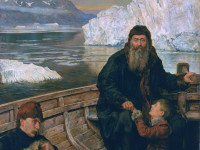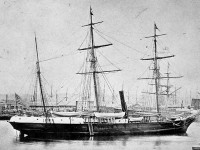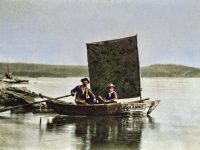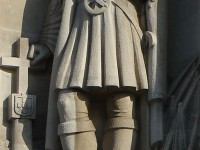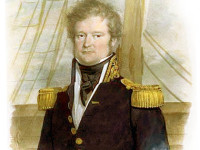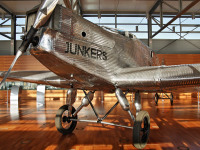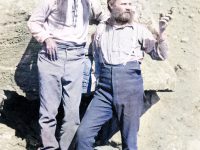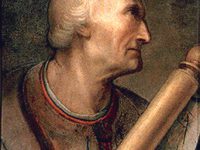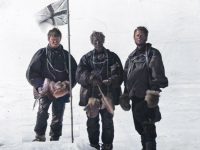Henry Hudson’s Voyages in North America
On September 11, 1609, English sea explorer and navigator Henry Hudson after having reached the estuary of the river that carries his name today, followed the river upstream sailing along Manhattan Island. Hudson explored the region around modern New York metropolitan area while looking for a western route to Asia while in the employment of the Dutch East India Company. He explored the river which eventually was named for him, and laid…
Read more

